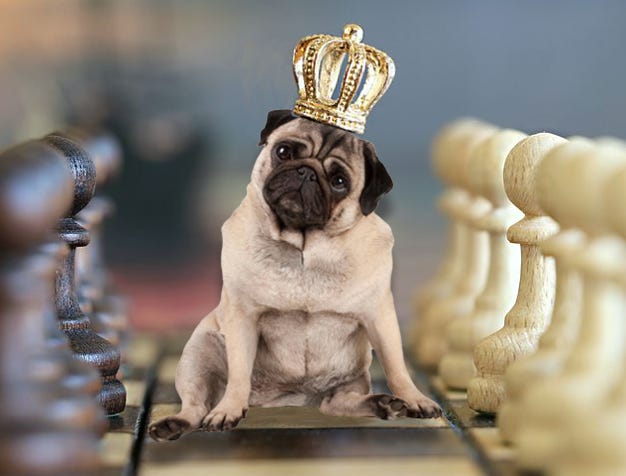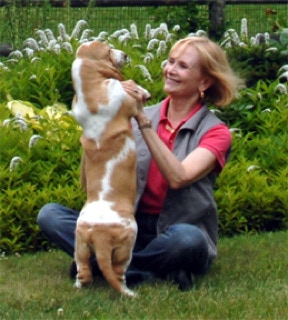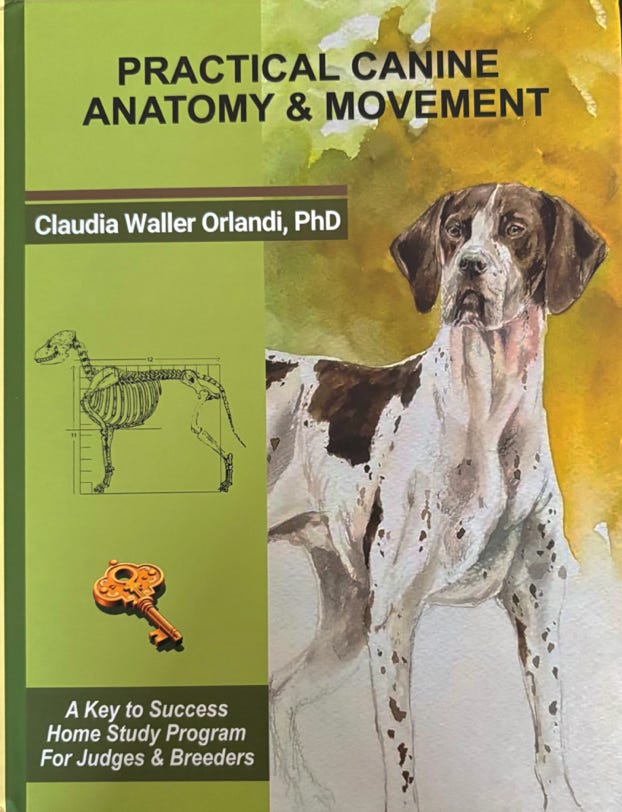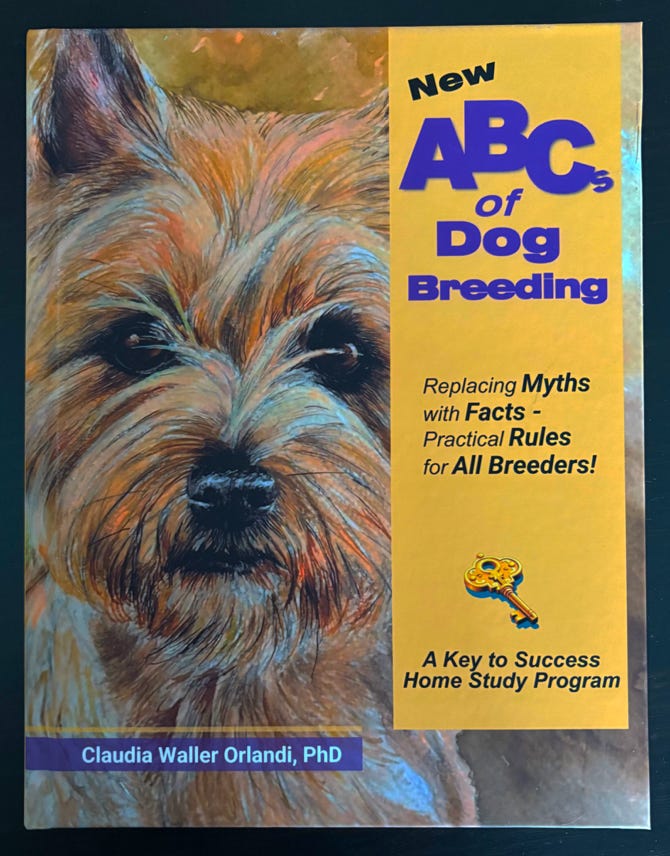UP YOUR DOG SHOW GAME
Helping Breeders &
Exhibitors Succeed in the Show Ring

FINDING GUIDANCE
Choosing
A
Mentor
By Claudia
Waller
Orlandi, PhD

Webster defines a mentor as a wise and faithful counselor. In the sport of dogs, the most sought after mentors are successful, established breeders with years of experience who realize the importance of passing the torch to younger breeders eager to carry on their valuable gene pool.
Whether you desire to be an active breeder of or an avid competitor in obedience or in the field, the mentors who give you your start will have a lasting impact on your future success. In fact, when you realize that most mentors are often the source of your foundation stock, the choice of a mentor can be as important as understanding your breed standard or learning to apply basic genetic principles to your breeding program.
TYPES OF MENTOR RELATIONSHIPS
Listed below are three types of mentor relationships as defined by Patricia Craige Trotter, well-known Norwegian Elkhound breeder and the author ofBorn to Win: Breed to Succeed(1997).
1. SEEK THE GUIDANCE OF A SUCCESSFUL, ESTABLISHED BREEDER, WHO YOU RESPECT MORALLY AND INTELLECTUALLY.
The best of these are established, long-time breeders and are dedicated individuals that you trust as people. They are clear, objective thinkers who have a plan and consistency in their breeding programs. Their dogs successfully compete at regional and national specialty levels as well as in the all-breed arena.
ADVANTAGE:
Connecting with one person such as this can put you on a "fast track" and speed up your success.
DISADVANTAGE:
Since you are putting all of your eggs in one basket, it is important to be certain that this is the right way to go.
2. LEARN FROM AS MANY MASTER BREEDERS AND EDUCATIONAL RESOURCES AS POSSIBLE
Instead of committing to only one mentor, work with several expert breeders and expose yourself to as many educational experiences as possible. Invaluable resources are books, breed publications and videos. Topics to study should include: your breed’s official standard and illustrated standard, basic principles of canine genetics, canine anatomy and movement, whelping and canine diseases. Attend specialties and seminars and ask for hands-on work with several respected mentor-breeders.
ADVANTAGE:
Gathering knowledge from more than one source can provide a more complete picture relative to your breed and help you make better informed decisions.
DISADVANTAGE:
You expose yourself to scattered and contradictory opinions that can lead to confusion and indecision.
3. COMBINE APPROACHES ONE AND TWO!
A third possibility is to combine the above two options, working very closely with one established breeder as you continue to expand your knowledge by exposing yourself to as many other educational sources a possible.
LOOK BEFORE YOU LEAP!
One of the biggest mistakes new-comers to the breed can make is to impulsively hook up with the first breeder with whom they come in contact. Before they realize it, this person has become a self-appointed mentor. It may or may not have been the right choice. Other suggestions include:
- Attending as many specialties as possible as well as your breed’s national specialty show. These are the best places to meet some of the established breeders and see dogs they have bred.
- Read books written specifically on the breed you are interested in. Such information may help guide you in your choice of a mentor. In the Basset Hound breed, refer to works by Mercedes Braun, Nicholas and Foy and Margaret Walton. These books include numerous photographs which show the style of Basset Hound produced by various kennels.
- Decide what your goals are. Would-be mentors want to know what they are dealing with. Are you interested in just showing dogs to their championships or do you want to breed?

About the author: Claudia Waller Orlandi, Ph.D of Topsfield Basset Hounds has produced over 180 champions and has won over 140 Bests in Show and more than 500 Group Firsts. Topsfield has also produced numerous dual National Field Trial champions. Claudia’s enthusiasm for breeding is matched only by her passion for teaching and working with other breeders. She is a lay expert and her ABC’s of Dog Breeding and Practical Canine Anatomy & Movement home study programs have been sponsored by the American Kennel Club. Knowledge, coupled with integrity and honesty about health problems, are cornerstones of her breeding and teaching philosophy. In 2009, Claudia was named the AKC Breeder of the Year. She received the AKC Lifetime Achievement Award in Conformation in 2018.
Claudia’s two updated books are perfect for home study and a must read for every breeder. They are available on AKC Shop.

